Really, The Handmaid’s Tale, The Leftovers and Big Little Lies should only have lasted for a single season. All three were adapted from novels and all three used up every bit of story by the end of their debut runs. But a hit is a hit – even if that’s a questionable term for The Leftovers, the most criminally under-watched series in recent years. Even the mighty Game Of Thrones ran into trouble when the show runners realised they were making episodes faster than George R. R. Martin could write books. Although, seeing as each tome in the series about the thickness of a New York deli sandwich, they probably should have seen that issue coming a lot earlier.
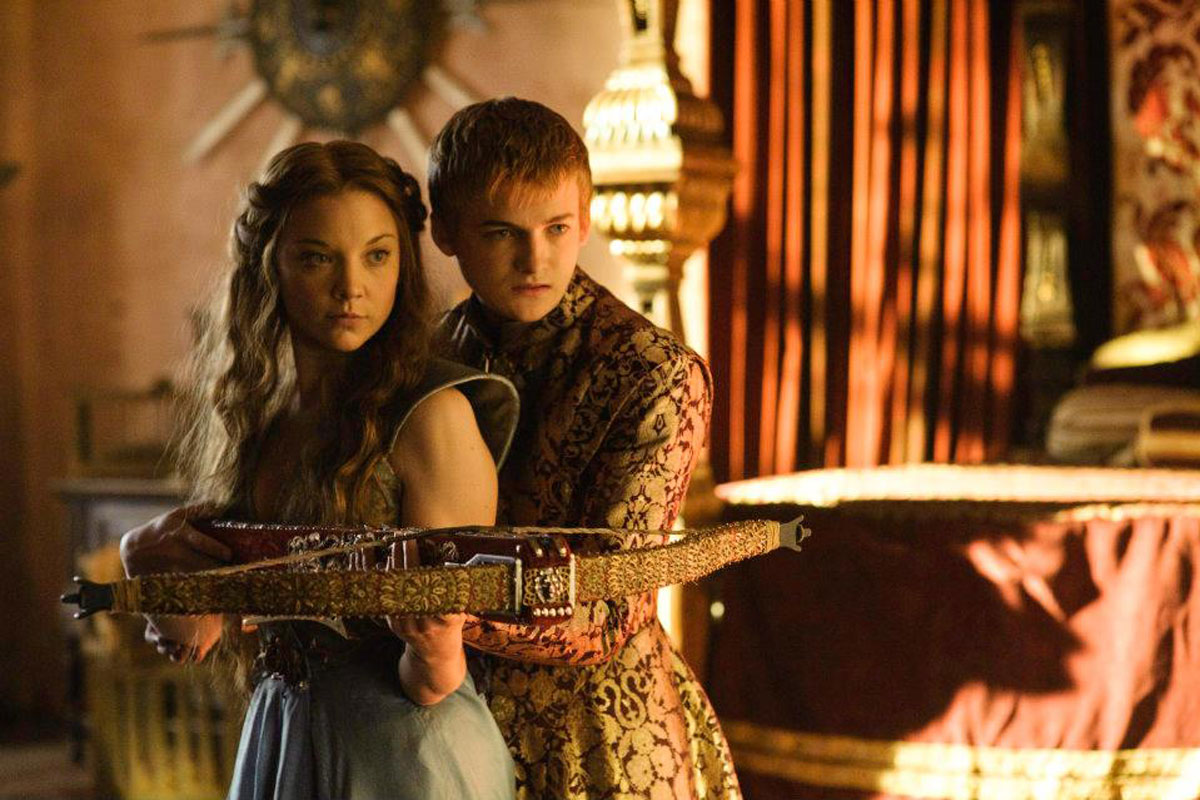
Books and TV make for more natural bedfellows than books and films. Truncating a few hundred pages into 90 minutes can often strip away a lot of the magic and the detail from the story, whereas spreading it over eight, 10 or 12 hour-long episodes feels like a more organic method of translation. The format can mean that even TV series that weren’t based on books can often feel like they were. The Wire fits that bill because it was actually written by novelists (in particular, the crime greats George Pelecanos, Richard Price and Dennis Lehane), same for True Detective, whose creator Nick Pizzolatto wrote the excellent Galveston before turning to TV. Deadwood seemed like the result someone mixing up the pages of a Shakespearean tragedy with some of Cormac McCarthy’s lustier prose, while Mad Men often had the feel of Richard Ford and Richard Yates meeting over an old-fashioned.
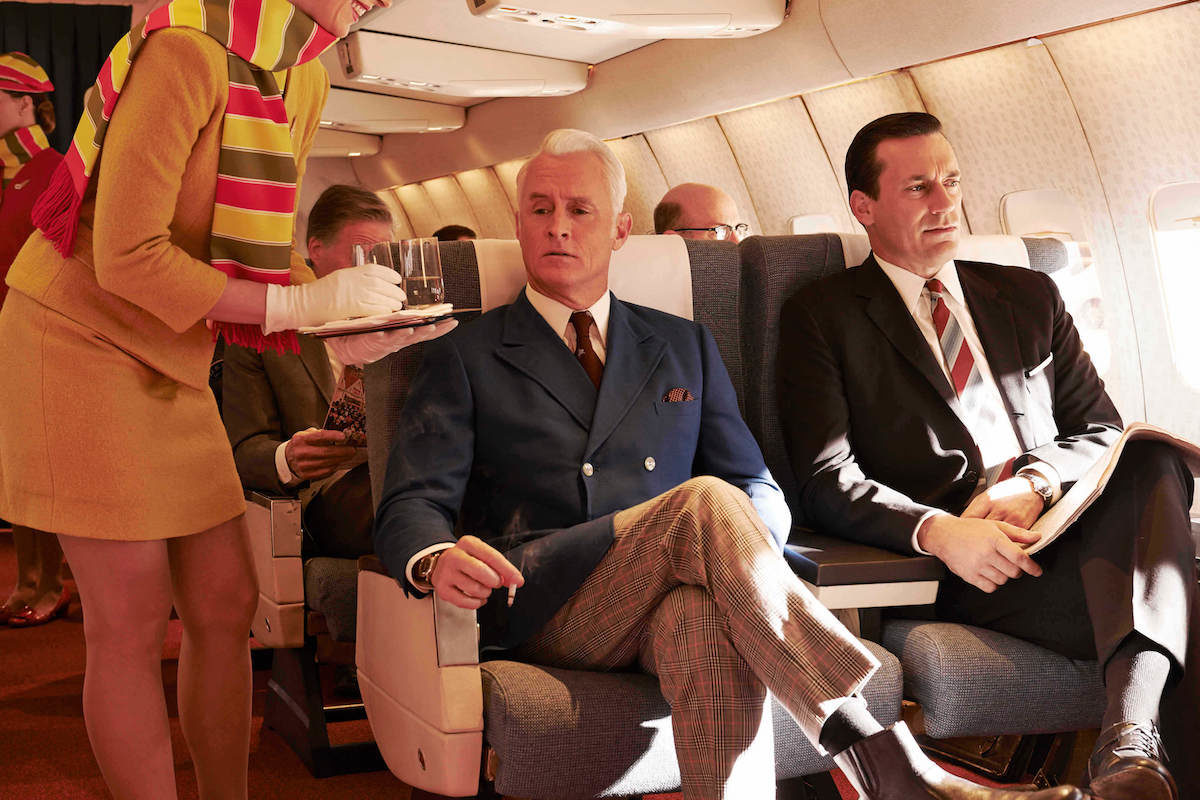
But basing your series on actual books creates one single problem: what happens when you run out of source material? The Handmaid’s Tale and Big Little Lies are the two most obvious examples here, series that used up their entire storylines only to be faced with a quandary when they became hits. Few studios are going to turn around in that situation and say “Well, that went really well, but let’s just quit while we’re ahead.” And so, we’re now at the tail-end of a mixed second season of The Handmaid’s Tale, while season 2 of Big Little Lies awaits on the horizon. Sharp Objects has just run its course to rapturous applause, but how soon before HBO starts figuring out a way to expand Camille and Amma’s story? Likewise, The Terror ended in the most resolutely final of ways, only to be resurrected without the involvement of the original showrunners.
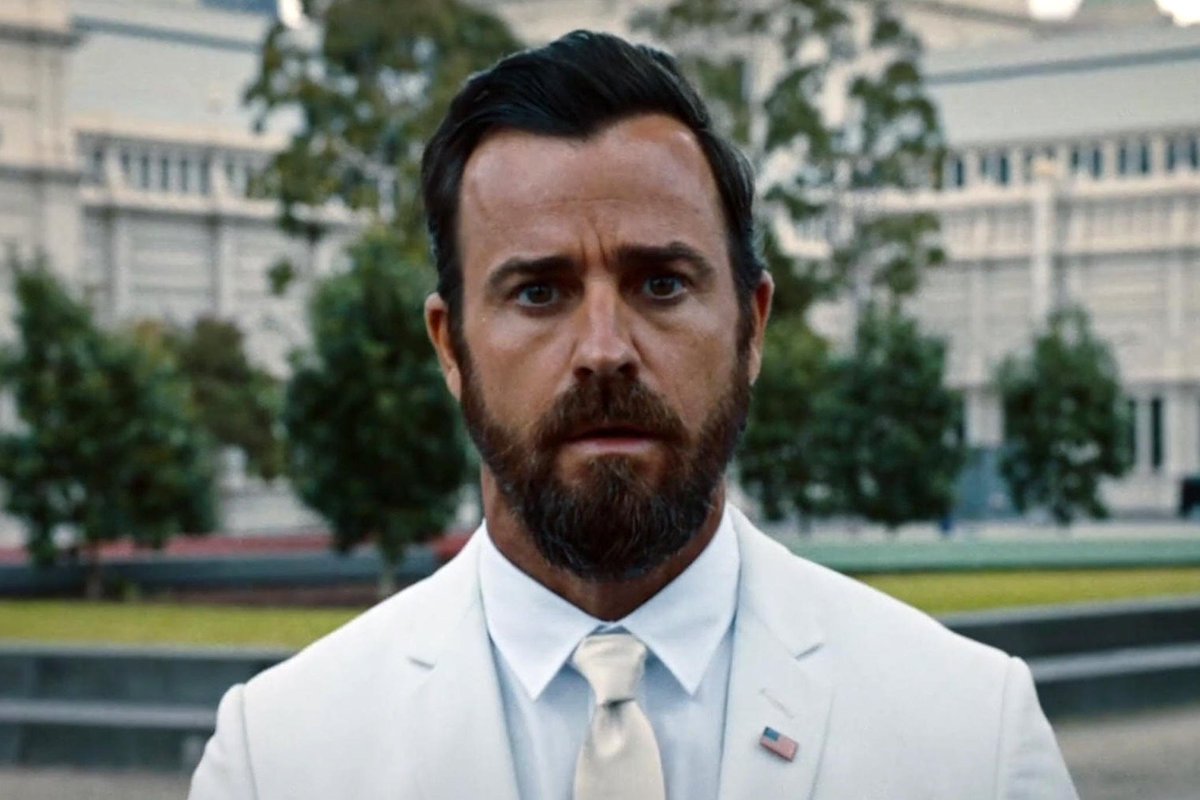
But that’s not to say that confining your series to the source material is the only option. It’s hard to imagine that Big Little Lies will be a disappointment with Andrea Arnold at the helm and The Leftovers proved that using the book just as a jumping off point can result in something truly wonderous and daring. Similarly Justified took a short story and turned it into six seasons of impossibly cool TV, thanks to a writing staff that perfectly emulated Elmore Leonard’s sparkling dialogue.
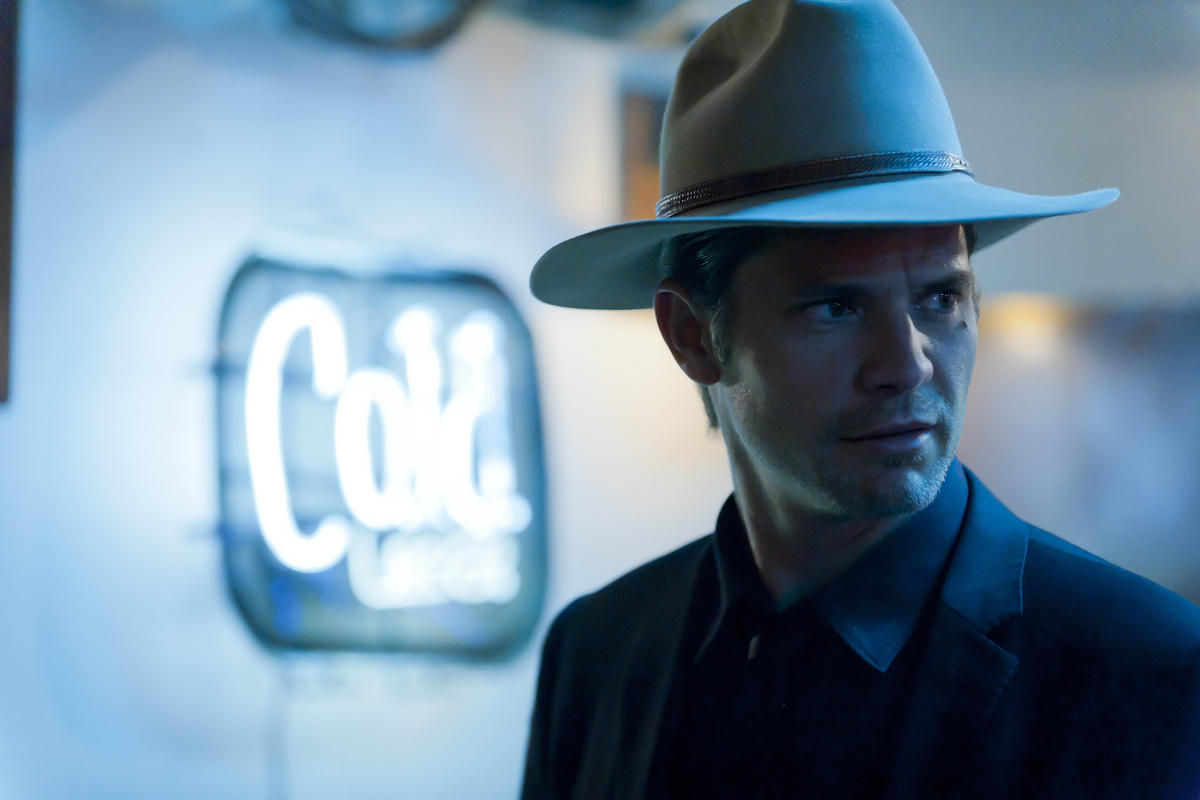
All this proves is that there’s no hard and fast rule here. Even the most ardent fan must agree that Game Of Thrones has declined since it outran the books, but The Leftovers soared in the same position. The Handmaid’s Tale has been no disaster but it’s lost the crystal-clear purpose of Atwood’s book, while Justified only got better and better and became a tribute to Leonard. The difference is possibly necessity, in that the more successful series do so as an artistic choice, rather than a commercial one. That’s the only concern for Big Little Lies and a concern if Sharp Objects returns; in both cases, the decision is indisputably commercial. Let’s hope the artistic reasoning is still there.

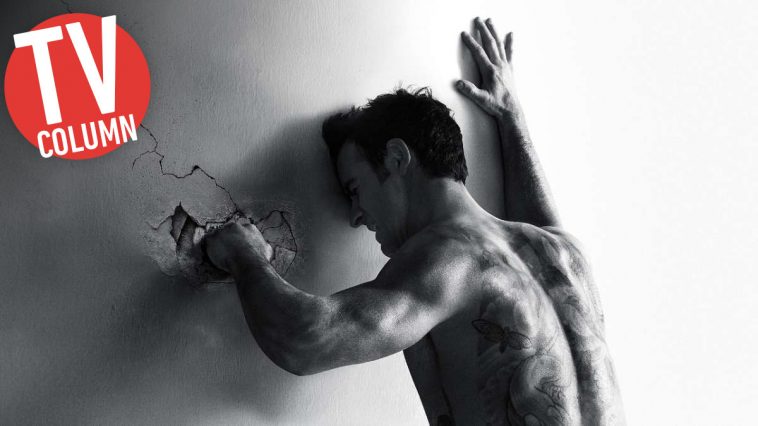




















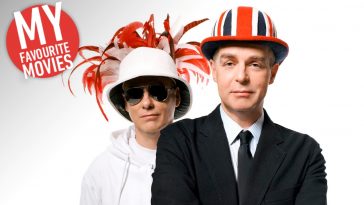


Leave a Comment